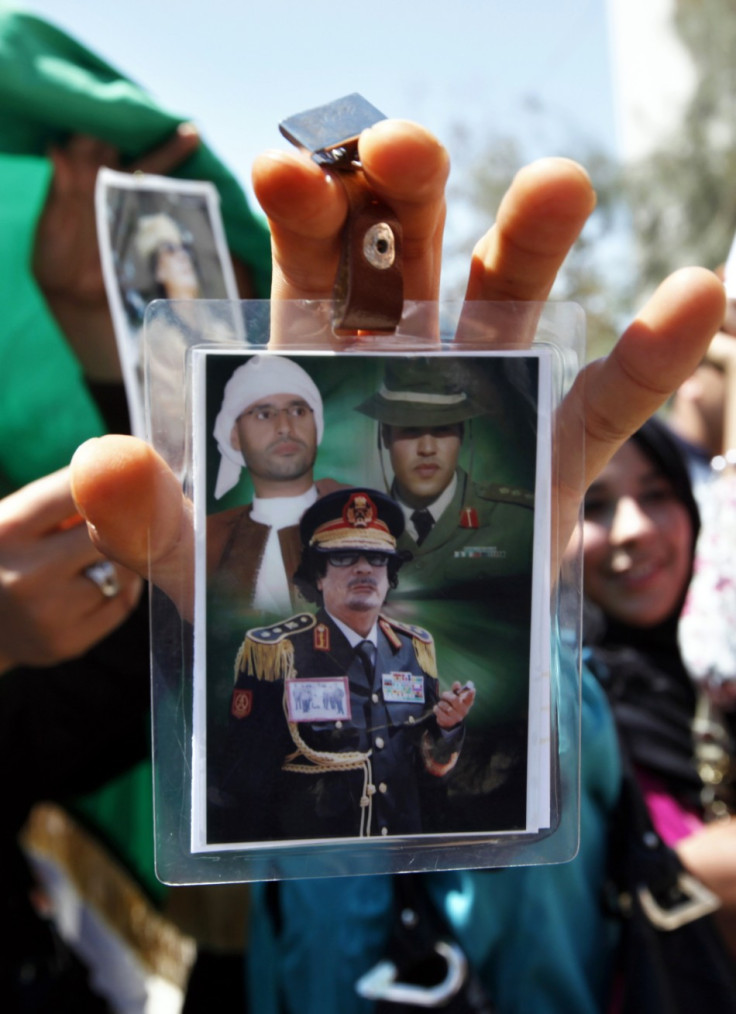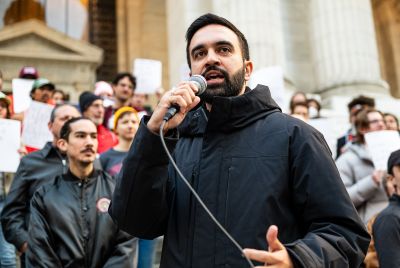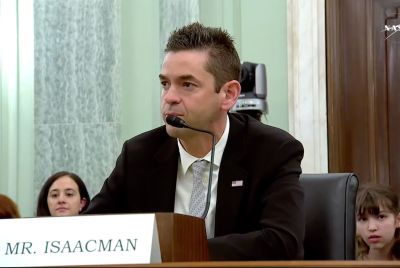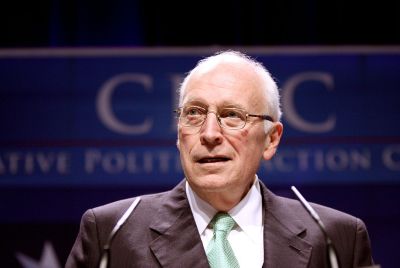Gadhafi Still Trying to Fight Back as Concerns About the NTC Are Raised

Libyan officials have said they intend to seek a court injunction today to prevent the Foreign Office from handing over control of the country's London embassy properties and funds frozen in UK accounts to rebel leaders.
UK Foreign Secretary William Hague recently announced the government's decision to expel Col Moammar Gadhafi's loyalists and after recognising the National Transitional Council (NTC) as representatives of the people. However, prior to Hague's move, the government recognised countries not governments.
Following the UK's move, Khaled Kaim, the Libyan deputy foreign minister, said that Foreign Secretary William Hague's decision to transfer the embassies to the people now working for the National Transitional Council NTC was a violation of the Vienna Conventions.
Despite many analysts warning that the Libyan enterprise risk being inconclusive, lawyers representing the Gadhafi regime insisted they would go to the courts on Tuesday and start a judicial review that would stop the NTC's envoys from assuming control of the state's property, just as the Libyan Embassy in London is due to reopen its doors under control of NTC staff.
"We intend to go to the UK courts on Tuesday to establish that the Vienna Conventions doesn't give them a right to hand over those premises to [a body] that is not a governing authority," he said. "What would the British government do if we just granted the IRA access to the British Embassy in Tripoli."
A spokesman for the Foreign Office however confirmed the Libyan move will not impact onn the government's decision. "We are not a party to the proceedings," he said.
As Gadhafi shows he is ready to fight on all levels, more problems hit the NTC. The Council, wanting to show it is preparing for the 'after Gadhafi era', released a document laying down a set of rules that would be implemented after the leader is ousted.
The 70-page plan indicates that hopes for regime change rely on the collapse of the Gadhafi regime and plans for the establishment of a 'Tripoli Task Force' that would patrol the streets of the capital to reinstate security.
The document was received by scepticisms as analysts warn it will be difficult for the NTC to implement its plans. Further divisions have recently hit the rebel forces, with some factions publicly saying they did not trust executives from the council.
Divisions within the rebel movement have been more potent since the death of General Abdel Fattah Younis who was killed last month while en route from his command post on the front line near Brega to the rebel capital Benghazi.
The news of his killing came only hours after an announcement that he had been detained for questioning by his own forces on suspicion that his family still had ties to Col Moammar Gadhafi.
With his death still mainly unexplained, suspicions and sectarian divisions are now threatening the movement and raising fears that even with Gadhafi out of the way, the Council might not be ready to lead the country.
Just last week, Mustafa Abdel Jalil, the chairman of the NTC dismissed several senior officials, including the rebels' finance, defence and information ministers and the Associated Press quoted NTC member Fathi Turbel as saying it was clear the re-shuffle was needed after the "military, security and media incompetence" in the wake of General Younis' death.
The NTC was then forced to form a new cabinet, but Council members warned that some of the ministers could be re-appointed.
© Copyright IBTimes 2025. All rights reserved.





















